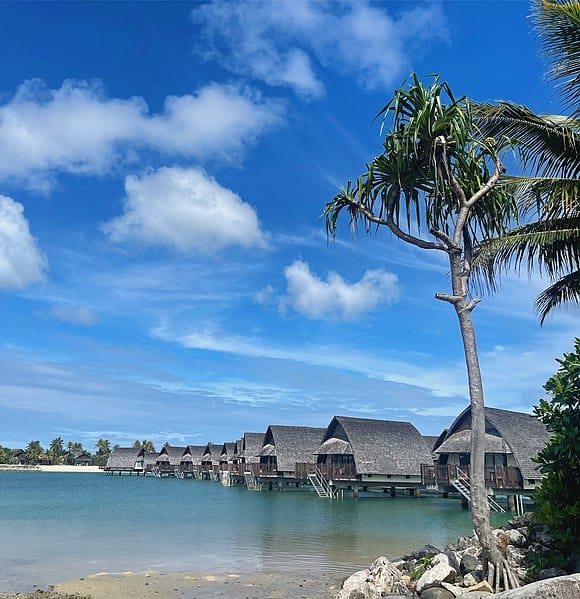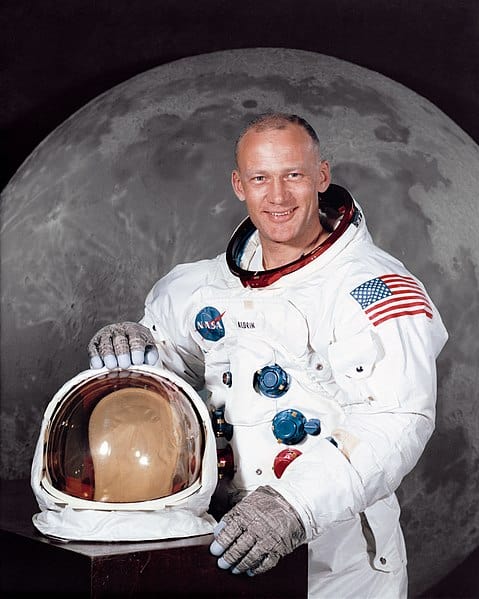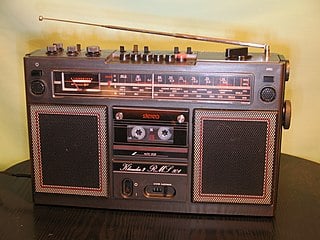
The Year 2000 Problem, more commonly referred to as Y2K, was a worldwide scare stemming from the belief that when clocks ticked over from 1999 to 2000, chaos would reign as computers and everything they controlled, including stop lights, electrical grids, and even nuclear missiles, would malfunction because the code, which was often written decades earlier, was not properly programmed to handle any year beginning with a 20–. Therefore many governments and private companies began rewriting code and taking precautions to prepare for this potential disaster. (The plot of the movie “Office Space” deals with one such company.) As the countdown to New Year’s Eve 1999 began, the world held its collective breath, waiting to see what the new millennium had in store.
As Ronald McMullen, who served as Deputy Chief of Mission in Suva, Fiji from 1999-2002, recounts, January 1, 2000 did not mark the beginning of the Apocalypse. Here he describes life in the first country in the world to ring in the New Year, which included astronaut Buzz Aldrin on a beach and a live interview with a Toledo radio station.
“The first person in history to have actually heard a live voice from a past millennium”
McMULLEN: We saw an interesting December and January approaching, with the year 2000 on the way. As you remember, the world was quite concerned about Y2K.

Doomsayers predicted a cyber-apocalypse and even many rational people were deeply concerned about massive computer failure. If you look at a map, you’ll see that Embassy Suva was the first U.S. embassy west of the international dateline, so we were going to be the first to experience the new millennium, and hence Y2K. Somebody in the State Department figured this out and sent us a long list of things to be checked just after midnight on January 1st, 2000. We had strict instructions to report back to Washington at 00:15. It looked like there was going to be plenty of hoopla for the millennium New Year’s Eve.
On December 31st, cruise ships from America steamed into Suva’s harbor. One ship organized a gala picnic on Nukulau, a small island near Suva. Thanks to Ambassador Siddique, our families were invited. The guest of honor was Buzz Aldrin, the second human to walk on another heavenly body. It seemed somehow fitting to spend the last day of the second millennium with someone who had walked on the moon.
Nukulau, the small island where we picnicked with Buzz Aldrin, was the site of the first U.S. consulate to Fiji.
At the consulate’s 1849 Fourth of July reception, Consul John Brown Williams fired a cannon to celebrate Independence Day. Unfortunately, the cannon misfired, exploded, and started a fire in his residence. The Fijian invitees swarmed in and looted the burning residence. The U.S. government later presented Fiji’s paramount chief with a bill for the damages, which the islanders couldn’t pay. The Fijians later approached the British about paying their debt to the Americans arising from this disastrous Fourth of July reception, which eventually led to the Deed of Cession, resulting in Fiji becoming a British colony in exchange for the payment of Fiji’s debts.
After a wonderful last day of the 20th Century, somebody had to work the midnight shift at the embassy to report to Washington on Y2K. As the DCM, I volunteered or was volunteered to do that. Thus, I was at the embassy getting ready to report back to Washington when the clock struck twelve, church bells started ringing, fireworks went off, and people began dancing in the street. Jane and I had received four or five invitations to millennium New Year’s Eve parties, and I felt grouchy, having to work.
Just after midnight, the telephone rang. I glanced at the clock and thought, “It’s not a quarter after twelve yet, why is the State Department calling?” I picked up the phone and heard someone shouting, “Hello? Hello? Is this the American Embassy in Fiji?”
“Yes, who’s this?” I replied.

A man’s voice said, “This is WXKR in Toledo, Ohio! You’re live on the air! How’s the New Year in Fiji?”
I said, “Everybody who’s not working seems to be having a good time.”
“Any signs of Y2K?” he asked.
I said, “Well, the phones are obviously still working, the lights are on, and my computer’s not smoking, so no, I don’t see any signs of Y2K.”
He said, “That’s really great. And while we have you on the air, is there anything else you’d like to say to our listeners here in Ohio?”
I thought, you know, the Western world’s odometer had already clicked over to 2000 in Fiji, but it’s still 1999 in Toledo. So I answered, “Yes, I do.”
After a pause, I said, “Do you realize that your listeners are hearing a live voice from a future millennium? And that I’m hearing a live voice from a past millennium? This doesn’t happen very often,” and I hung up. Now, I can plausibly claim to be the first person in the history of the world to have actually heard a live voice from a past millennium, because in A.D. 1000 there was no international date line, there were no telecommunications, and people didn’t know what was going on. In the year zero, even more so….
So we cleared the Y2K brouhaha without breaking a sweat.
